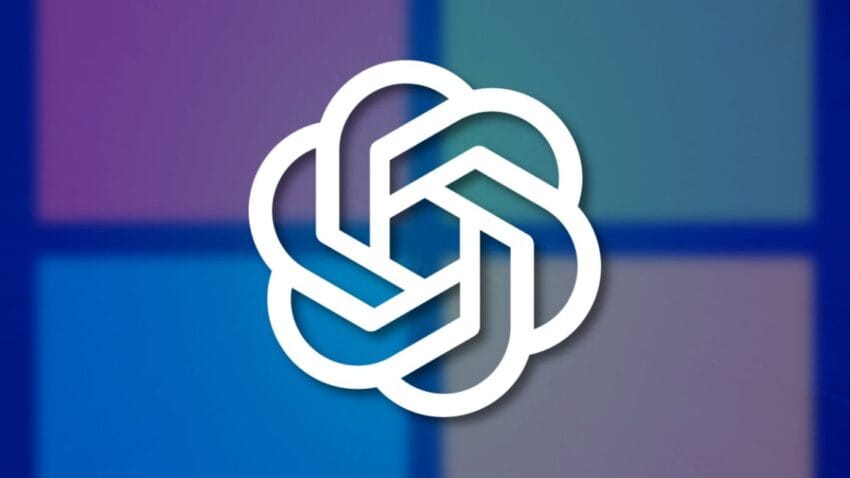
openai and microsoft sign preliminary deal to OpenAI and Microsoft have taken a significant step in their evolving partnership by signing a preliminary agreement aimed at revising the terms of their collaboration.
openai and microsoft sign preliminary deal to
Overview of the Partnership
The relationship between OpenAI and Microsoft has been pivotal in the development and deployment of artificial intelligence technologies. Since their initial collaboration began in 2019, Microsoft has invested over $13 billion in OpenAI, making it the largest investor in the organization. This financial backing has allowed OpenAI to accelerate its research and development efforts, leading to groundbreaking advancements in AI capabilities.
As both companies navigate the competitive landscape of AI, they have recognized the need to adapt their partnership to better align with their strategic goals. The signing of a non-binding memorandum of understanding (MOU) signifies a commitment to reevaluate and potentially enhance their collaboration.
Details of the Agreement
In a joint statement released on Thursday, OpenAI and Microsoft confirmed the signing of the MOU, stating, “Microsoft and OpenAI have signed a non-binding memorandum of understanding (MOU) for the next phase of our partnership.” The companies emphasized their focus on finalizing contractual terms in a definitive agreement that will govern their future interactions.
The MOU outlines a framework for cooperation that aims to leverage both companies’ strengths in AI technology. While the specifics of the agreement have not been disclosed, it is clear that both parties are committed to enhancing their collaborative efforts to deliver advanced AI tools to a broader audience. The companies reiterated their shared commitment to safety, which is increasingly important as AI technologies become more integrated into everyday applications.
Context of the Agreement
The announcement of this preliminary agreement comes at a crucial time for OpenAI, which is in the process of transitioning from a nonprofit organization to a for-profit entity. This shift is significant as it allows OpenAI to attract more investment and resources, but it also requires the approval and support of its largest investor, Microsoft.
OpenAI’s transition is driven by the need to scale its operations and research capabilities. As AI technology continues to evolve rapidly, the demand for innovative solutions is growing. By becoming a for-profit entity, OpenAI aims to secure the funding necessary to compete effectively in the AI market, which is increasingly crowded with both established players and new entrants.
Implications for the AI Market
The revised partnership between OpenAI and Microsoft is likely to have far-reaching implications for the AI landscape. As both companies work to finalize their agreement, they will be better positioned to respond to the growing demand for AI solutions across various sectors, including healthcare, finance, and education.
Furthermore, the collaboration is expected to enhance the development of AI tools that prioritize safety and ethical considerations. As AI technologies become more pervasive, concerns about their potential impact on society have intensified. By focusing on safety, OpenAI and Microsoft aim to address these concerns and build trust with users and stakeholders.
Stakeholder Reactions
The announcement has garnered attention from various stakeholders in the tech industry, including investors, competitors, and regulatory bodies. Investors are likely to view the revised partnership as a positive development, as it signals a commitment to innovation and growth. The potential for increased funding and resources could enhance OpenAI’s competitive position in the market.
Competitors, on the other hand, may perceive the partnership as a threat. As OpenAI and Microsoft strengthen their collaboration, they could gain a significant advantage in the race to develop cutting-edge AI technologies. This could lead to increased pressure on other companies to innovate and differentiate their offerings.
Regulatory bodies are also closely monitoring the developments in the AI sector, particularly as concerns about data privacy and ethical considerations continue to rise. The commitment to safety expressed by OpenAI and Microsoft may help alleviate some regulatory concerns, but it remains to be seen how regulators will respond to the evolving landscape of AI partnerships.
Future Prospects
Looking ahead, the revised partnership between OpenAI and Microsoft is poised to shape the future of AI technology. As both companies work to finalize their agreement, they will likely focus on several key areas:
- Research and Development: Increased collaboration in research initiatives could lead to the development of more advanced AI models and applications.
- Infrastructure Expansion: The partnership may facilitate the expansion of AI infrastructure, enabling both companies to scale their operations and meet growing demand.
- Ethical AI Practices: A shared commitment to safety and ethical considerations could result in the establishment of best practices for AI development and deployment.
- Market Penetration: The partnership may enhance market penetration for both companies, allowing them to reach new customers and industries.
Conclusion
The signing of the preliminary agreement between OpenAI and Microsoft marks a significant milestone in their partnership, reflecting the evolving dynamics of the AI market. As both companies work to finalize their collaboration, they are likely to focus on delivering innovative AI solutions while prioritizing safety and ethical considerations. The implications of this partnership extend beyond the two companies, potentially influencing the broader AI landscape and shaping the future of technology.
Source: Original report
Was this helpful?
Last Modified: September 12, 2025 at 6:37 pm
0 views















